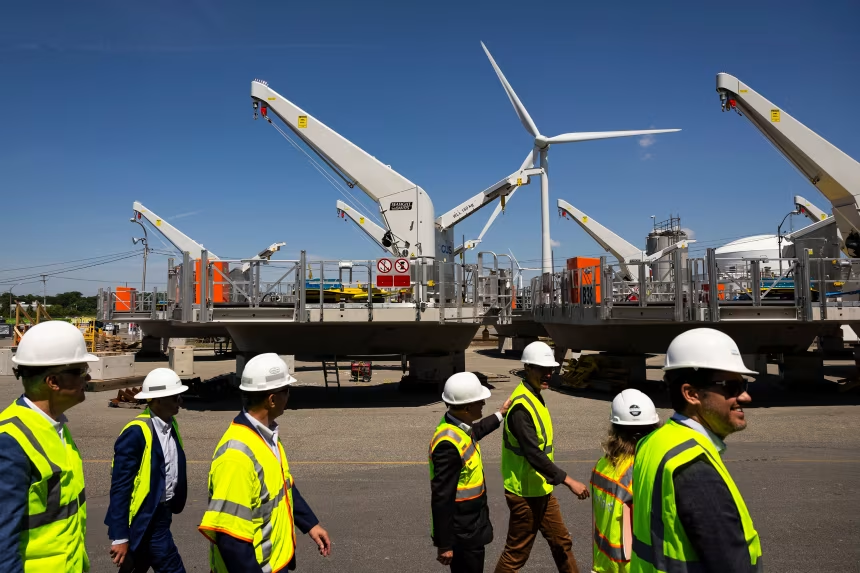The Trump administration is facing a major legal challenge after ordering construction to stop on the Revolution Wind project off the coasts of Rhode Island and Connecticut. The project developed by Ørsted in partnership with Skyborn Renewables was nearly 80 percent complete and designed to provide clean energy for about 350,000 homes.
Ørsted has filed a lawsuit in federal court claiming the stop work order was unlawful and politically motivated. The company argues that the project had already secured all required federal and state permits including approval from the Department of Defense and that billions of dollars had already been invested. Rhode Island and Connecticut have joined the case calling the decision baseless and harmful to both state economies and the nation’s clean energy goals.
The administration justified its action by citing unspecified national security concerns but critics say this reasoning is weak and inconsistent with previous approvals. Officials in Rhode Island and Connecticut argue that the halt violates federal law including the Administrative Procedure Act and the Outer Continental Shelf Lands Act.
The financial stakes are enormous. Ørsted warns that the stoppage could add more than one billion dollars in extra costs on top of the five billion already invested. The delay also threatens to undermine grid reliability and raise energy prices for consumers in the region.
This lawsuit highlights the broader fight between the Trump administration and the offshore wind industry. Several other projects around the country have faced cancellations or delays as part of the White House’s aggressive rollback of renewable energy programs. Clean energy advocates warn that these decisions could jeopardize America’s ability to meet climate goals and maintain leadership in the global renewable market.


